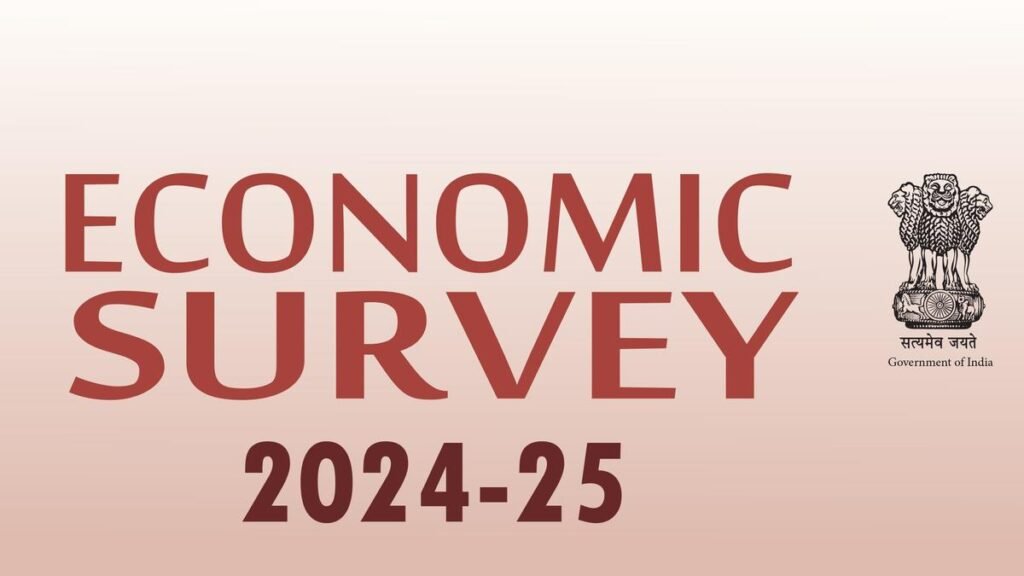Economic Survey 2024- 25
The Economic Survey of FY 25 has an underlay of AI, that poses “unprecedented opportunities and significant challenges” for the job market spanning the globe, warranting building of “robust institutions” to alleviate its deleterious impact. India, taking a cue from its past experiences with pathbreaking technological disruptions, understands the importance of robust institutions playing a key role in steering these to ensuring equitable outcomes for the economy. Substantial investments in education and skilling ring fenced by an enabling institutional ecosystem would go a long way in the vibrant workforce adapt to and adopt the new technology that has taken the world by storm. With a services-led economy, and the country boasting of its demographic advantage, the nation is quite rightly besieged by AI’s potential of upending its extant advantages by potential displacement of a massive labour force. An IIM survey exhibits a disturbing prognosis of about 40% of the surveyed employees to the effect that the human skills would be outdone by AI in the next about half a decade. A healthy and robust economic and social infrastructure would greatly contribute to a truly inclusive economic growth in the new world order. With an estimated GDP growth of 6.4% in FY 25 and within a band of 6.3-6.8% in the coming fiscal, against the backdrop of strong economic fundamentals, a robust external account and rigorous adherence to fiscal consolidation path with sustained impetus on private consumption, the GoI’s strategy would revolve around giving impetus to Industries (added push to capital goods sector) bolstered with R&D support, MSMEs, and the requisite infra push to a sustainable upward trajectory in India’s GDP path with a substantial thrust on services and industrial exports, that is a sine qua non for a ‘Viksit Bharat’ by 2047. With a positive outlook on the food inflation front, with a steady core inflation, buttressed by reduced global energy and commodity prices, India looks poised to scale the frontier, despite climate issues and geo political instability. The forex health looks sturdy enough to weather the intermittent capital flight, and can support 90% of its external debt and 10 months of imports, on account of an evolved domestic capital market and steady capital inflows. The formal sector has registered an impressive growth with EPFO subscriptions more than doubling in the 5 year time frame from 2018-19. An issue of concern, however, is the lack of correlation between growth in corporate profits and wages. While profits soared to 22% in FY 24, employment grew by a paltry 1.5%, due to a sharp focus of the corporate sector on cost-cutting through workforce layoff. This flags the issue of rising income inequality, striking at the very foundation of inclusive growth. Overall, a balanced outlook despite global challenges (geo political, commodity and energy prices and trade barriers); there is an urgent need for structural reforms, deregulation of economy, investment uptick, corporate wage growth for a buoyant consumer demand and a sustained infra push for a sustainable growth trajectory of the Indian economy.
